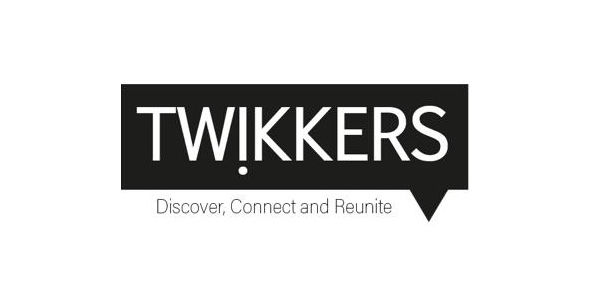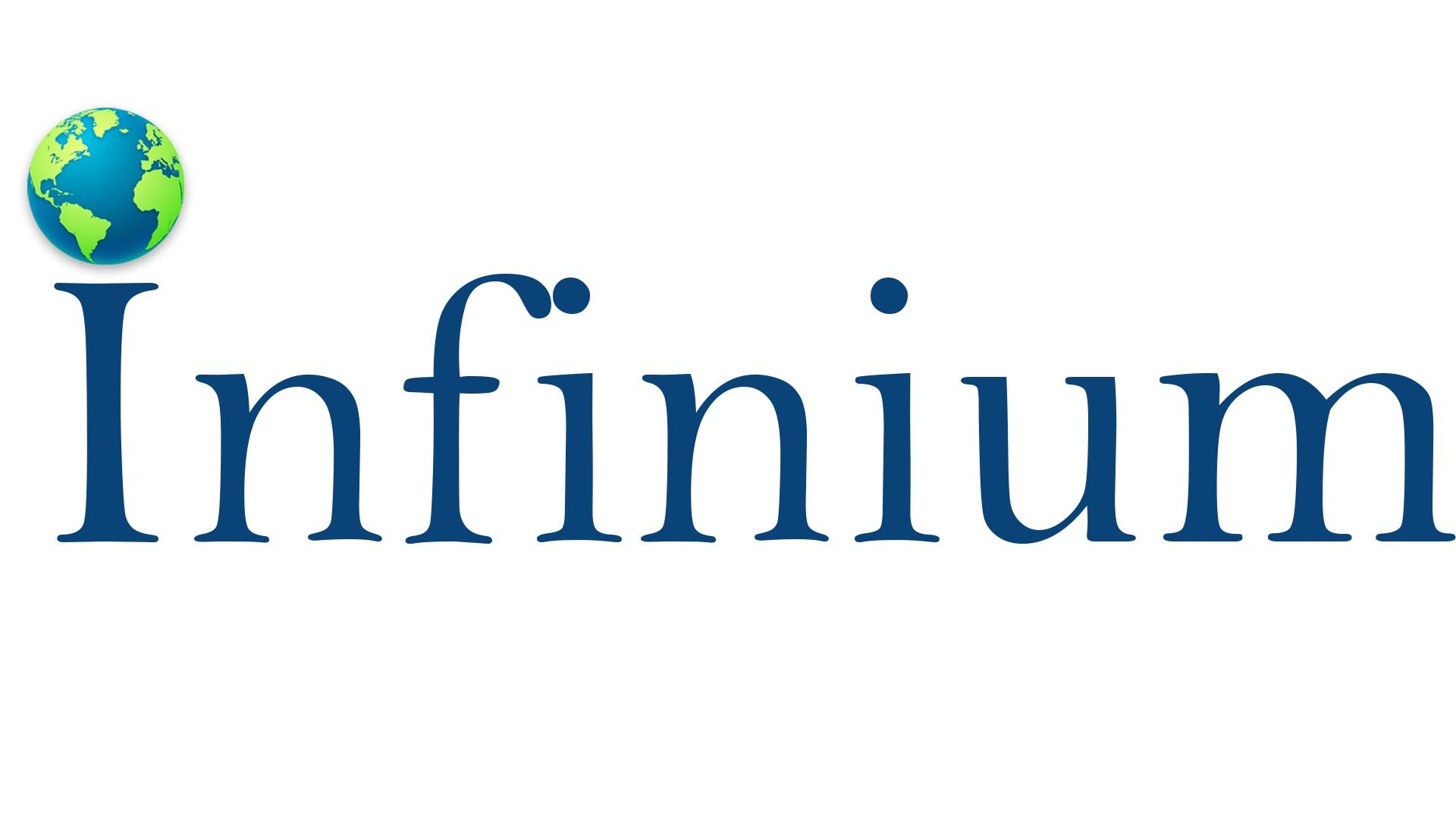According to the report, the global automotive lithium-ion battery market is expected to experience robust growth over the forecast period of 2022-2028, with a projected compound annual growth rate (CAGR) of over 17%. The market, which generated approximately USD 30 billion in revenue in 2022, is anticipated to exceed USD 75 billion by 2028.
What are Automotive Lithium-ion Batteries?
Automotive lithium-ion (Li-ion) batteries are rechargeable batteries used primarily in electric vehicles (EVs) and hybrid electric vehicles (HEVs). These batteries are known for their high energy density, long cycle life, and superior efficiency, making them the preferred energy storage solution in the rapidly growing electric vehicle market.
Get Sample pages of Report: https://www.infiniumglobalresearch.com/reports/sample-request/1000
Market Drivers and Growth Factors
The automotive lithium-ion battery market is being driven by several key factors:
Rising Demand for Electric Vehicles (EVs): The global push for cleaner transportation has led to increased adoption of electric vehicles. With governments and organizations encouraging the use of EVs to reduce carbon emissions, the demand for automotive lithium-ion batteries is expected to skyrocket. Major automotive manufacturers are investing heavily in EV production, further propelling market growth.
Government Regulations and Incentives: Stringent emission regulations and government subsidies for electric vehicles are fueling the demand for lithium-ion batteries. In many regions, policies promoting the use of sustainable energy and EV adoption are pushing automakers to develop more efficient, long-lasting lithium-ion battery systems.
Technological Advancements: Continuous improvements in battery technology, such as higher energy densities, faster charging times, and longer lifespans, are making lithium-ion batteries more efficient and cost-effective. Additionally, advancements in battery recycling and second-life applications are improving the sustainability of these batteries, contributing to increased adoption.
Declining Battery Costs: The cost of lithium-ion batteries has significantly decreased over the years, making EVs more affordable for consumers. As production scales up and technological improvements are made, further reductions in battery prices are expected, driving even greater market demand.
Regional Analysis
North America: The North American market is driven by increasing investments in electric vehicle production and supportive government initiatives. The U.S. is a key player in the region, with major automakers developing new EV models, contributing to the growth of the automotive lithium-ion battery market.
Europe: Europe is one of the leading regions in EV adoption, with strong governmental support for green energy and stringent emission regulations. Countries like Germany, France, and the UK are at the forefront of the transition to electric vehicles, pushing demand for automotive lithium-ion batteries.
Asia-Pacific: The Asia-Pacific region is expected to dominate the market, led by countries like China, Japan, and South Korea. China, in particular, is the largest producer and consumer of EVs, and the government’s focus on reducing pollution is further boosting demand for lithium-ion batteries. Additionally, key battery manufacturers like CATL and LG Chem are based in this region, driving regional growth.
Latin America and Middle East & Africa: These regions are gradually embracing the shift towards electric vehicles, with increased investments in EV infrastructure and government policies promoting the use of clean energy.
Competitive Landscape
The global automotive lithium-ion battery market is highly competitive, with key players constantly innovating to enhance battery performance and reduce costs. Some of the major companies operating in this market include:
Panasonic Corporation: Panasonic is a key player in the automotive battery market, supplying lithium-ion batteries to Tesla and other EV manufacturers. Their focus on energy-efficient and high-performance batteries drives the market forward.
Contemporary Amperex Technology Co. Limited (CATL): CATL is one of the largest lithium-ion battery manufacturers in the world and supplies batteries to major automotive companies globally, especially in China.
LG Chem: LG Chem produces advanced lithium-ion batteries for EVs and is investing heavily in R&D to develop next-generation batteries with higher energy densities.
Samsung SDI Co., Ltd.: Samsung SDI is a leading supplier of lithium-ion batteries, focusing on enhancing the energy efficiency and sustainability of its battery solutions for the automotive industry.
BYD Company: BYD is a Chinese automaker and battery manufacturer, playing a significant role in the development of EV batteries, especially in the domestic market.
Report Overview : https://www.infiniumglobalresearch.com/reports/global-automotive-lithium-ion-battery-market
Challenges and Opportunities
While the automotive lithium-ion battery market presents significant growth opportunities, it also faces several challenges:
Raw Material Supply and Costs: The availability and cost of raw materials such as lithium, cobalt, and nickel are critical to battery production. Fluctuations in raw material prices and supply chain disruptions could pose challenges to market growth.
Recycling and Environmental Impact: The disposal and recycling of lithium-ion batteries remain a challenge due to environmental concerns. However, advancements in battery recycling technologies offer a significant opportunity for growth, as companies seek to create more sustainable battery life cycles.
Infrastructure Development: The widespread adoption of EVs relies heavily on the development of EV charging infrastructure. Investments in charging stations and battery swapping technology are essential to support the growing market for automotive lithium-ion batteries.
Conclusion
The global automotive lithium-ion battery market is set for significant growth, driven by the rising demand for electric vehicles, supportive government policies, and advancements in battery technology. With a projected market value of over USD 75 billion by 2028 and a CAGR of more than 17%, the automotive lithium-ion battery industry presents vast opportunities for manufacturers, automakers, and investors alike. However, addressing challenges such as raw material supply and recycling will be crucial for ensuring sustainable long-term growth in this market.

